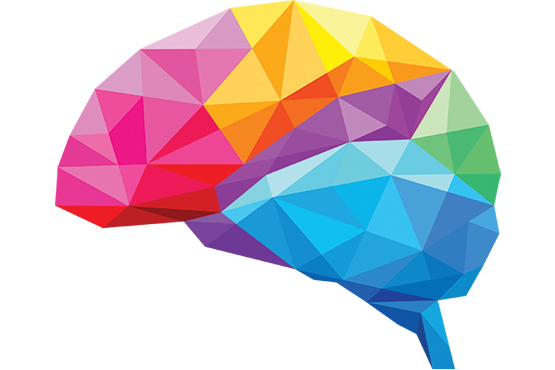Leave a message


Neuropsychiatry involves the interface area of psychiatry and neurology. This is a specialist medical discipline involving the behavioral or psychological difficulties associated with known or suspected neurological conditions such as epilepsy, head injury, attention deficit disorder, dementia, tardive dyskinesia, atypical spells, irritability and any organic mental disorder.
Technically, Neuropsychiatry concentrates on the abnormalities in those areas of higher brain function such as the cerebral cortex and limbic system. Sometimes difficult to treat psychological or psychiatric conditions, including problems relating to medication. are related to these areas.
Neuropsychiatry, now used synonymously with Behavioral Neurology, is the medical subspecialty dealing with the evaluation and management of higher brain functions (cerebral cortex and limbic system).
In neuropsychiatry, neuropsychiatric conditions fall into eight categories:
These conditions are concerned with both neurological and behavioral development in childhood and adolescence, resulting in disorder and impairment. Some examples of childhood development conditions include attention deficit hyperactivity disorder (ADHD), autism, fetal alcohol syndrome, and tic disorders.
Eating disorders are a condition that is a product of reaction to physical growth and psychological development in children, adolescents, and adults. Eating disorders are often the product of the individual being unable to cope with these demands. The major forms of eating disorders are Anorexia Nervosa, and Bulimia Nervosa.
Affecting more than 10% of the population, these conditions include sleep apnea, narcolepsy, insomnia, parasomnia, and REM.
These conditions refer to diseases such as dementia, Parkinson’s disease and Alzheimer’s. Degenerative diseases mark a decline in cognitive ability and often affect the elderly.
Mood disorders are serious medical conditions that are often misdiagnosed. They are a result of complicated interactions between genetic, environmental, and biochemical factors. This includes bipolar disorder, depression, and mania.
These are a class of mental disorders that involve mental distress and obsessive thought patterns. This includes Obsessive Compulsive Disorder, trichotillomania, and anxiety disorder.
This describes a mental state where the patient has lost touch with reality. This includes but is not limited to hallucinations, delusions, bizarre behaviors, difficulty assimilating with society and social expectations, and disorganized thinking. This includes, but is not limited to, schizophrenia.